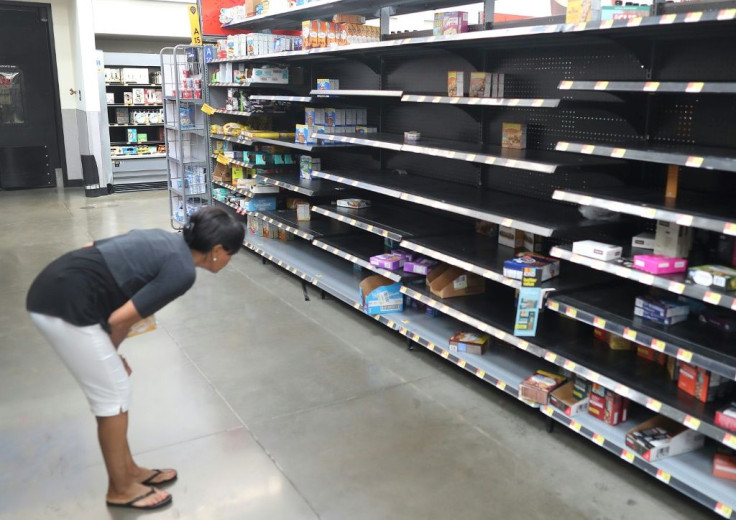Product Shortages May Cast A Shadow Over The Holidays, But Shoppers Won’t Blame Retailers
Product shortages are expected to derail the holiday season as consumers come up short as they experience empty shelves, delivery delays, and price hikes on the items they are looking to buy for gifts this year.
A backlog of shipping containers waiting to be offloaded at ports in Los Angeles and Long Beach, California, have bottlenecked the supply chain, despite President Joe Biden’s recent announcement to extend operation to 24 hours a day, seven days a week.
This disruption in the supply chain has caused retail shelves to be empty of products that shoppers are clamoring for, which is only expected to worsen as the holidays approach. And it is only further compounded by rising costs of raw materials, which is increasing merchandise prices.
But retailers won’t feel the brunt from disgruntled customers who aren’t getting what they ordered for Christmas on time.
According to a survey of 4,315 consumers from Sept. 7 to Sept. 14 by consulting firm Deloitte, about a third of shoppers will blame couriers and delivery companies, like UPS and FedEx, for shipping delays and supply chain problems, as reported by CNBC.
As many as 27% of survey respondents told Deloitte they would hold external factors such as weather accountable for delays, while only 21% said they would point the finger at retailers, according to CNBC.
The slowdowns and shortages are caused by several factors, including the COVID pandemic, container shortages, floods and a lack of truck drivers to deliver goods to stores across the country.
A report from Adobe Analytics obtained by CNBC suggested that out-of-stock messages on the internet will be up 172% this season versus 2020 levels, with apparel suffering the most, followed by sporting goods, baby products, and electronics.
“We’ve never seen levels like this before,” Vivek Pandya, lead analyst at Adobe Digital Insights, told CNBC. “This is very much not the norm.”
Adobe expects digital sales in the U.S. to reach $207 billion from Nov. 1 to Dec. 31, up 10% from 2020, CNBC said.

© Copyright IBTimes 2024. All rights reserved.





















